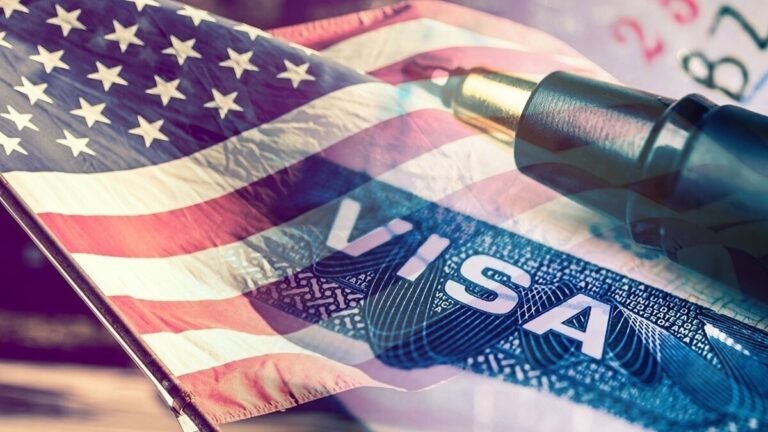Under the new pilot program starting August 20, 2025, US consular officers will have discretion to require bonds, up to $15,000 – from tourist and business visa applicants, primarily targeting nationals from countries with high overstay rates or inadequate vetting procedures.
This policy aligns with broader immigration enforcement initiatives of the Trump administration, which made cracking down on illegal immigration a central priority. These actions included surging resources to secure the border, ramping up arrests of undocumented individuals, and implementing a historic travel ban blocking citizens from 12 nations on national security grounds.
The new visa integrity fee
Additionally, in the summer of 2025, the administration introduced a new $250 “visa integrity fee” on many nonimmigrant visa applicants, including tourists, business travellers, and international students, on top of existing fees. While travel‑industry officials warn it may suppress tourism, some applicants may be eligible for refunds under strict conditions.
Earlier in his term, President Trump issued executive orders suspending new work and cultural‑exchange visas. This included restrictions on H‑1B, H‑2B, J‑1, and L‑1 categories, curbing the entry of foreign workers and seasonal program participants. These suspensions were initially set to last through the end of 2020 but were extended to March 31, 2021.
Enhanced vetting system
He also rolled out an enhanced vetting system for visa applicants through internal State Department guidance. In particular, all visa applicants from so‑called “countries of concern” were required to fill out the DS‑5535 supplemental questionnaire, revealing detailed social media and travel history to flag potential security risks.
In 2017, the Trump administration also suspended the Interview Waiver Program, reinstating interview requirements for all nonimmigrant visa seekers, effectively ending expedited visa processing for repeat travellers. Combined with hiring freezes at the State Department, these moves significantly slowed down consular processing worldwide.

